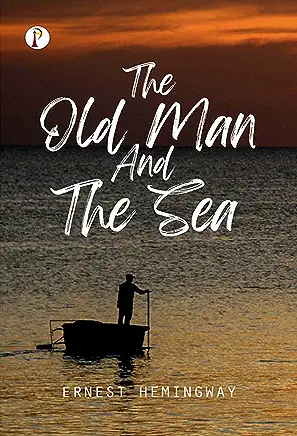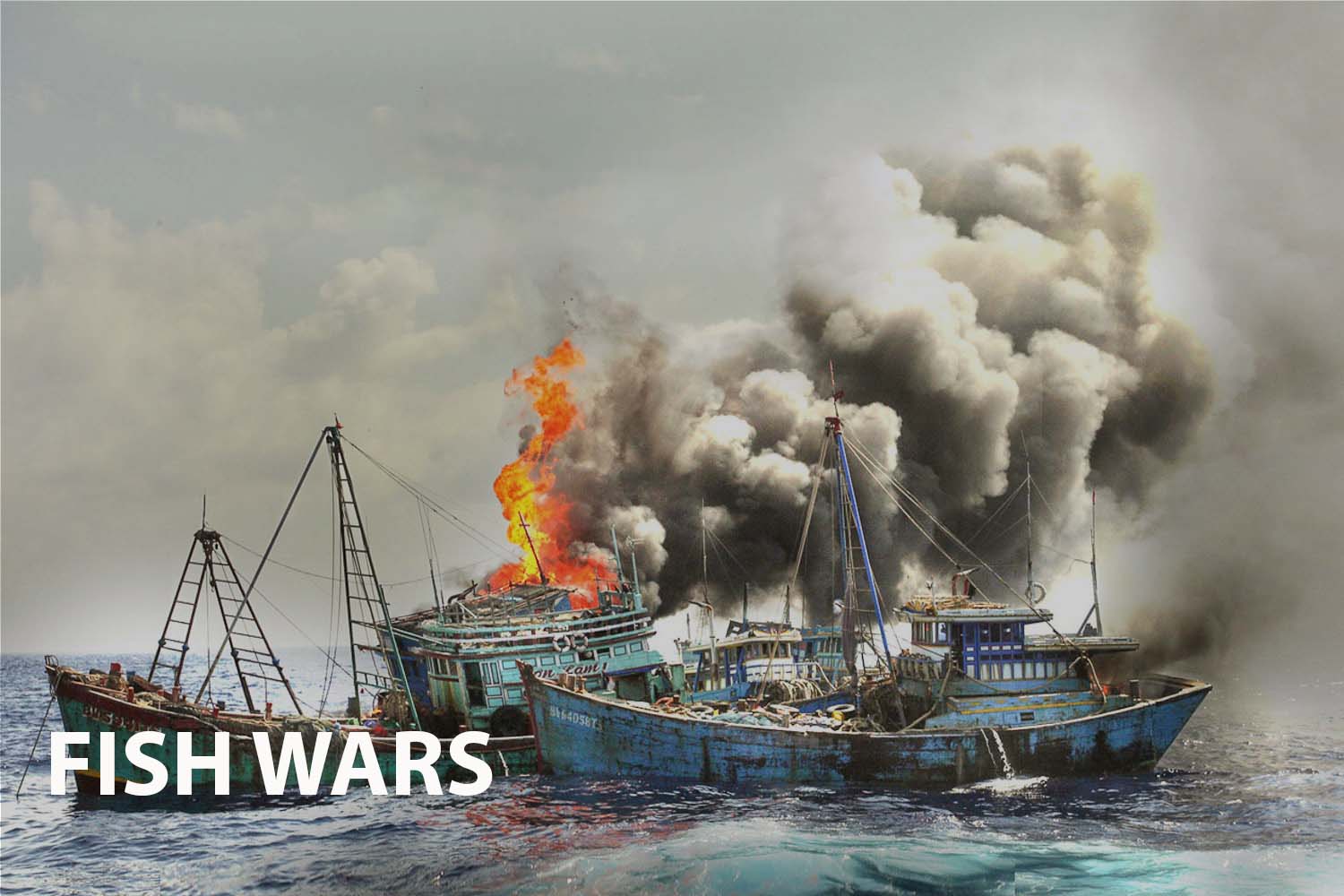Keywords: biodiversity, marine conservation, illegal fishing, Asia Pacific, ocean pollution, Indonesia. Three words: 'Informative', 'Revealing', 'Provocative'
"Fish Wars" is an eye-opening documentary directed by Justin Ong and released in 2010. The film uncovers the multifaceted war being waged in the seas of the Asia Pacific, one of the world's last major centres of marine biodiversity. It focuses on the dire consequences of illegal fishing, corruption, and the looming environmental crisis caused by our vast carbon footprint.
Synopsis
"Fish Wars" brings to light the staggering $3.2bn losses Indonesia has suffered due to illegal fishing. The documentary exposes the corrupt military forces that turn a blind eye to the rampant poaching, even going as far as selling fake licenses to foreign poachers. Global fisheries experts warn of drastic action needed to prevent a collapse of marine biodiversity - without it, they predict, our oceans will be inhabited only by jellyfish.
More Film Analysis
Analysis
"Fish Wars" employs an investigative style, using in-depth interviews with experts, local fishermen, and even the poachers themselves. The film's deep research and comprehensive exploration of its subject matter strike a balance between providing an engaging narrative and educating the viewer about the complex issue at hand.
Historical and Factual Context
Asia Pacific has historically been a major hub for marine biodiversity. However, illegal fishing and pollution have severely impacted the marine ecosystem. The situation is further worsened by the lack of enforcement due to corruption and the sale of fake licenses to foreign poachers.
Key themes in the film
- Marine Biodiversity
- Illegal Fishing
- Environmental Impact
- Corruption and Enforcement
Film Comparisons
"Fish Wars" can be compared to other environmental documentaries like "The End of the Line" and "Chasing Coral", but it stands out with its specific focus on the Asia Pacific region and the unique challenges it faces.
Noteworthy Moments
A particularly shocking revelation in "Fish Wars" is the extent of corruption within the military forces, which are supposed to protect against illegal fishing but instead contribute to the problem.
Reviews
This documentary has been praised for its fearless exploration of a complex issue. Critics have lauded it for its in-depth research and the revealing interviews with those directly involved in the illicit activities.
Conclusion
"Fish Wars" is an important documentary for anyone interested in environmental issues, corruption, or marine biodiversity. It offers a stark look at the challenges facing our oceans and the drastic measures needed to protect them.
More film information:
FILM SUMMARY
- Genre: Documentary
PERSONALITIES
- Justin Ong: Director
- Various Global Fisheries Experts: Featured speakers
LOCATIONS
- Asia Pacific: Primary location
- Indonesia: Focus of the documentary
Key Questions Raised by the Film:
- How can we combat illegal fishing and corruption in the marine industry?
- What measures need to be taken to protect marine biodiversity?
- How can we reduce the carbon footprint left in our oceans?
Links for Further Exploration:
I wonder what the film would be in another art form



- If this film was a famous book, it would be "The Old Man and the Sea" because of its exploration of man's relationship with the sea.
- If this film was a famous song, it would be "Under the Sea" from The Little Mermaid because of its focus on marine life.
- If this film was a famous piece of art, it would be "The Great Wave off Kanagawa" for its depiction of nature's power.
- If this film was a famous celebrity, it would be Leonardo DiCaprio for his environmental activism.
- If this film was a color, it would be blue, representing the ocean.
- If this film was a music style, it would be blues, symbolizing the melancholy state of our oceans.








